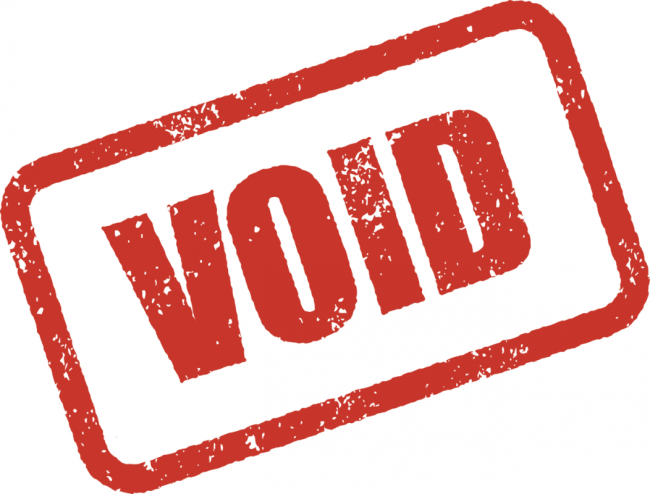You have /5 articles left.
Sign up for a free account or log in.

iStock.com/bortonia
In the wake of the horrific killings of George Floyd, Ahmaud Arbery and Breonna Taylor, the United States is in the midst of an intense and long overdue re-evaluation of police practices and their disparate impact on communities of color.
Unsurprisingly, many, including college applicants, are expressing their thoughts on this issue of tremendous public concern on social media, and some of those opinions are controversial. Predictably, this has led to calls to rescind admissions offers to students who have engaged in racist, or allegedly racist, expression. And even less surprising, some institutions of higher education, including George Mason University, Xavier University, Marquette University and Southern Methodist University School of Law, have already rescinded admissions offers as a result.
Colleges and universities that withdraw admissions offers over controversial speech may believe that doing so will effectively combat racism. They are mistaken.
The theory that denying admissions to racists is appropriate rests on two central premises. First, it assumes that ensuring there is a consequence of expressing racist views will deter communications of those views, which will in turn slow their spread. The second premise is that if the school admits a bigot, their bigotry will spread on campus, creating a discriminatory, hostile environment. Neither premise is sound.
Unlike discriminatory actions, which can effectively be deterred and remedied through punishments, racist views cannot be similarly defeated. Historically, censorship has not proven to be an effective tool in dismantling racism and, in fact, likely contributes to its spread. When people are censored for their views, their views don’t typically change. They instead learn to only share those views in echo chambers that further reinforce their prejudices. Even worse, censoring bigots makes free speech martyrs out of them, giving them legitimate grievances to seize upon and enhancing their appeal to those who might be on the fence.
The second premise -- that hatred will spread like wildfire if colleges admit racist students -- is similarly unpersuasive. First, while our institutions of higher education are obviously not completely devoid of those with racist thoughts, one would be hard-pressed to find an institutional setting more dedicated to promoting diversity and inclusion than the modern-day American university. The American college campus of 2020 is hardly the equivalent of the Birmingham, Ala., of 1963.
Moreover, the concern that the presence of a racist on campus will lead to racism’s proliferation presumes that when students are exposed to racist ideas, they will be persuaded by them. This pessimistic view assumes that while we can see through the moral shortcomings of racism, those students will be easily misled. To the contrary, the extensive participation of college students in campaigns for racial justice overwhelmingly paints a picture of a broad generational desire for equality.
Rather than reject college applicants for bigoted speech, colleges should realize that these young people are among those most in need of the college experience. People are not born racist. Racism is taught. And because racism and other forms of bigotry are learned, they can also be unlearned. Indeed, for many students that process may already be underway. Some of the allegedly disqualifying racist communications were reportedly expressed years earlier -- by kids as young as 14 years old. Should society conclude that they are irredeemable? Banishing those who have ever expressed racist views from educational institutions ensures that those applicants will miss out on the exposure to diverse people and points of view that are fundamental aspects of the collegiate experience, and the most obvious antidote to unthinking racism.
While there is a long way to go to achieve America’s promise of equality, few would dispute that desegregation of workplaces and educational institutions has played a vital role in moving us further from our nation’s blighted legacy of inequality. It’s much easier to hate, stereotype and dehumanize people you’ve never met. The power of dismantling prejudice by building bridges, normalizing interactions, and education itself, can’t go understated.
Americans inherently understand that colleges can be effective in bringing people from diverse backgrounds together. Colleges invest tremendous resources into diversity and inclusion initiatives designed to capitalize on the opportunity to use education to promote these important values. They do so because of the belief that these efforts can make a lasting, positive difference. But how much of an impact can these programs have if those who would most benefit are banished from any contact with them? Do we really benefit if these programs simply preach to the choir?
We cannot overcome our racial divides without confronting them. There may be no better setting to confront our societal problems than in the classrooms and public squares of our college campuses.




